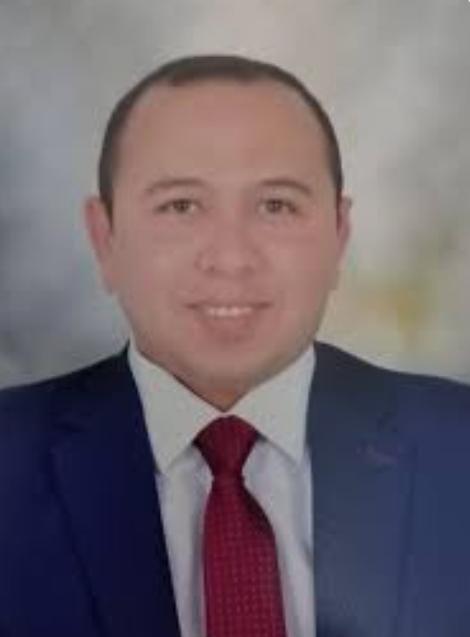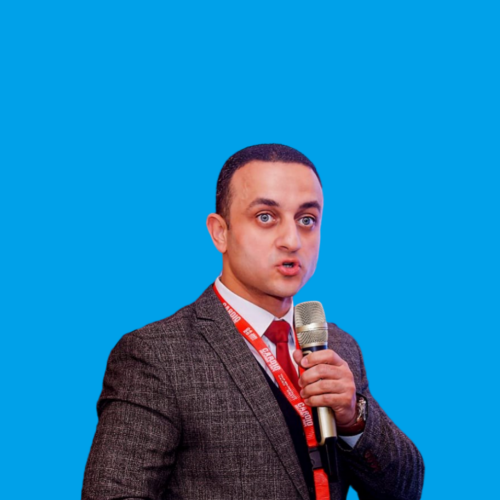Dr. Ayman Osama Khalil
Consultant in Cardiology and Vascular Diseases, and Catheterization
Medical Specializations:
Dr. Ayman Osama Khalil is a consultant in cardiology and vascular diseases, with extensive experience in diagnosing and treating heart and arterial conditions. His specialties include:
ECG (Electrocardiogram):
A test that records the heart's electrical activity and helps diagnose issues related to heart rhythm, such as palpitations, arrhythmias, or changes caused by heart attacks.
48-Hour Heart Rate Monitoring (Holter Monitor):
A portable device worn for 48 hours to monitor the heart's electrical activity during daily activities, helping to detect heart rhythm disorders that may not be apparent in a standard ECG.
48-Hour Blood Pressure Monitoring:
A portable device worn to continuously monitor blood pressure for 48 hours, assessing fluctuations during daily activities and helping to diagnose hypertension or hypotension.
Echocardiogram (Cardiac Ultrasound):
A non-invasive test using sound waves to assess the heart's size, function, valve health, and blood flow, detecting any abnormalities in the heart.
1-Week Heart Rate Monitoring (Holter Monitor for a Week):
A wearable device used to monitor heart activity for an extended period of up to a week to capture irregularities in heart rhythm that may not appear over a shorter monitoring period.
Standard ECG:
A routine heart test to assess its electrical activity and detect any abnormalities in the heart’s rhythm.
Stress Test (Exercise ECG):
A test performed under medical supervision during physical exercise to evaluate how the heart responds to exertion and to identify possible coronary artery disease or heart rhythm issues.
24-Hour Blood Pressure Monitoring:
A portable device worn to monitor blood pressure continuously for 24 hours to detect any variations or abnormal blood pressure patterns.
Diagnostic and Therapeutic Catheterization:
A medical procedure that involves inserting thin tubes (catheters) into the heart's arteries to detect blockages or narrowing, followed by potential treatments such as stent placement to improve blood flow.
Coronary Stent Placement:
If blockages are found in the coronary arteries, a stent may be placed to open up the artery and improve blood flow to the heart.
Educational Qualifications:
Dr. Ayman Osama Khalil is a consultant in cardiology and vascular diseases with extensive expertise in diagnostic and therapeutic catheterization. He is committed to improving the quality of life for heart patients through early diagnosis and advanced treatment.
Clinic Features:
Elevator: For patient convenience.
TV Screen: For patients in the waiting area.
Air Conditioning: To ensure a comfortable environment.
Electronic Payment: For easy payment transactions.
Clinic Address:
Location: 133 Gesr El Suez, Heliopolis, directly across from the Recruitment Bridge and above Radio Shack.
Wait Time:
The average wait time at the clinic is around 10 minutes, ensuring prompt service.
Consultation Fee:
The consultation fee with Dr. Ayman Osama Khalil is 500 EGP.
To Book an Appointment:
You can call the clinic to book an appointment at: 01553178895.
The clinic offers comprehensive services in cardiology, utilizing the latest equipment and techniques for diagnosing and treating heart and vascular diseases.


